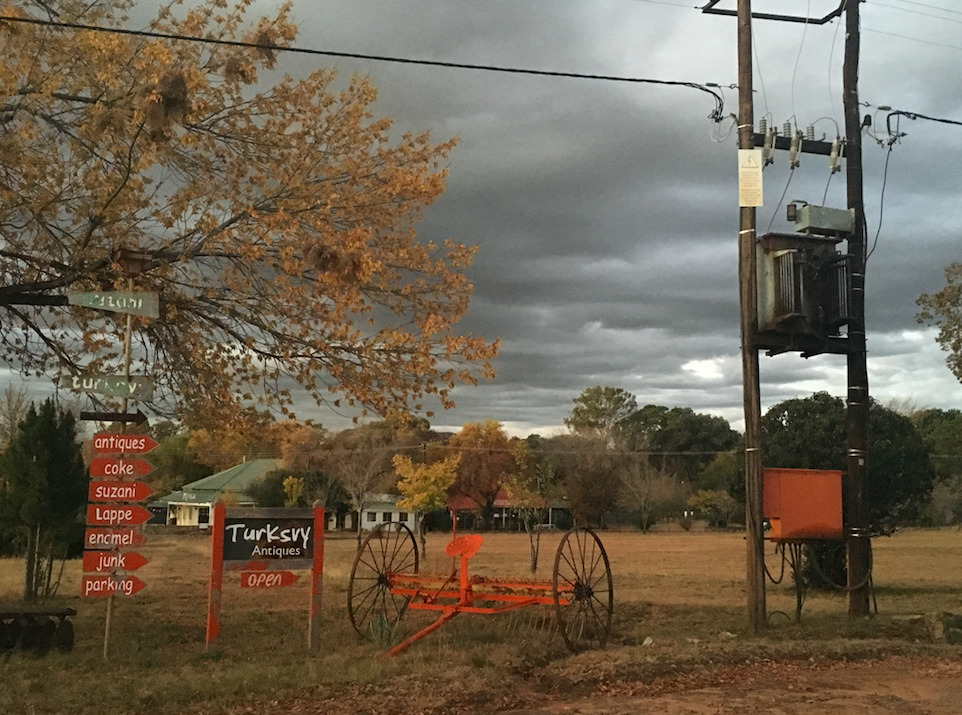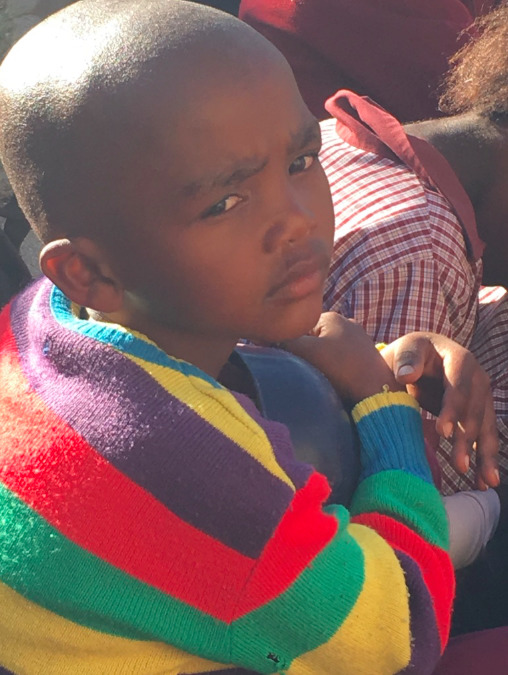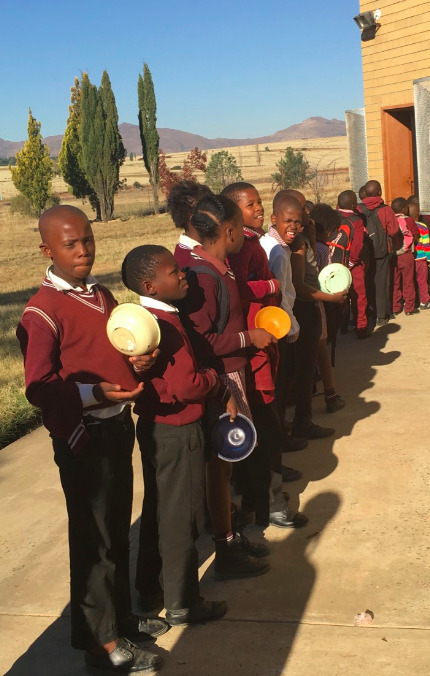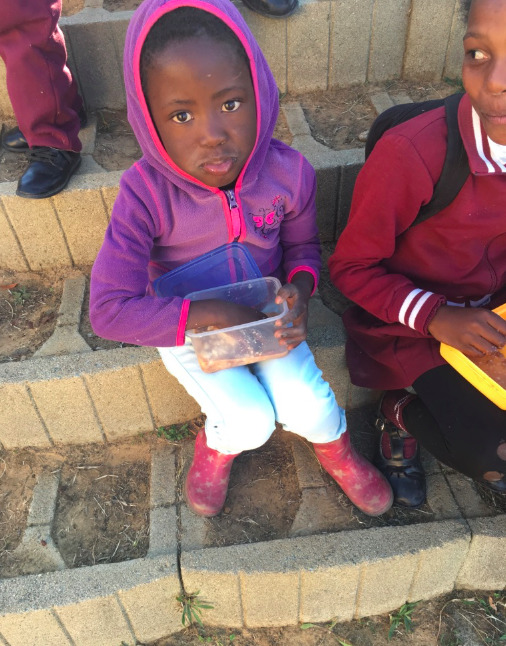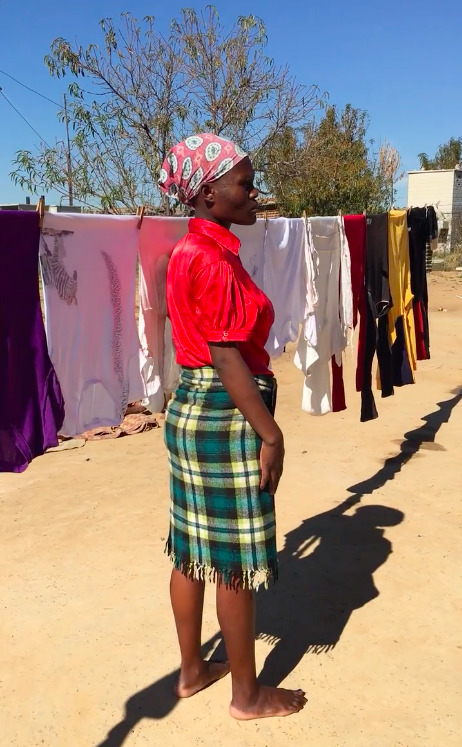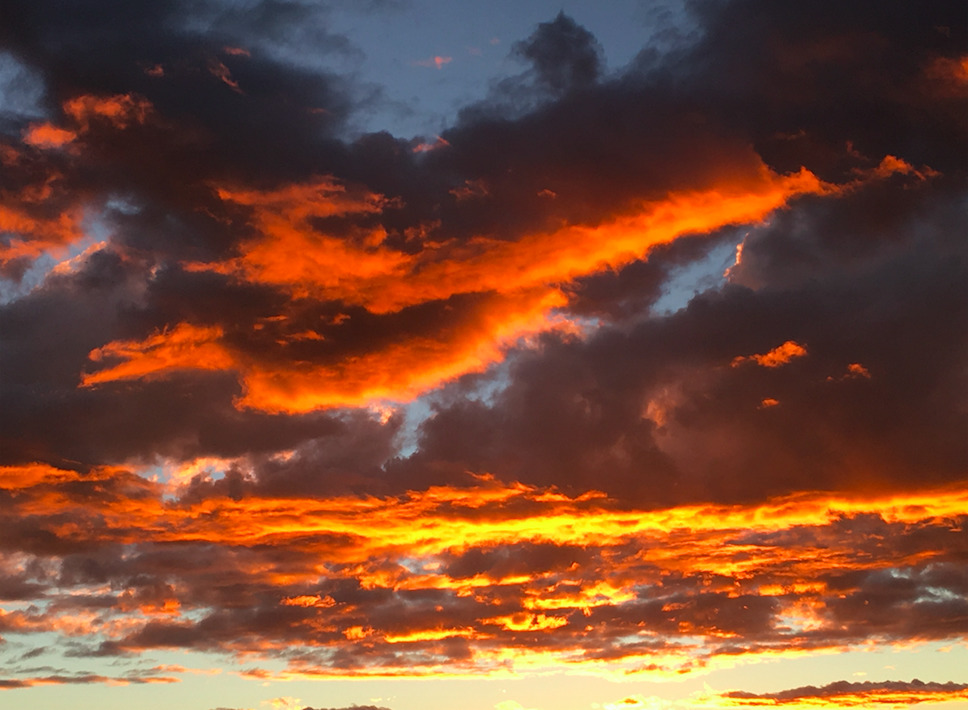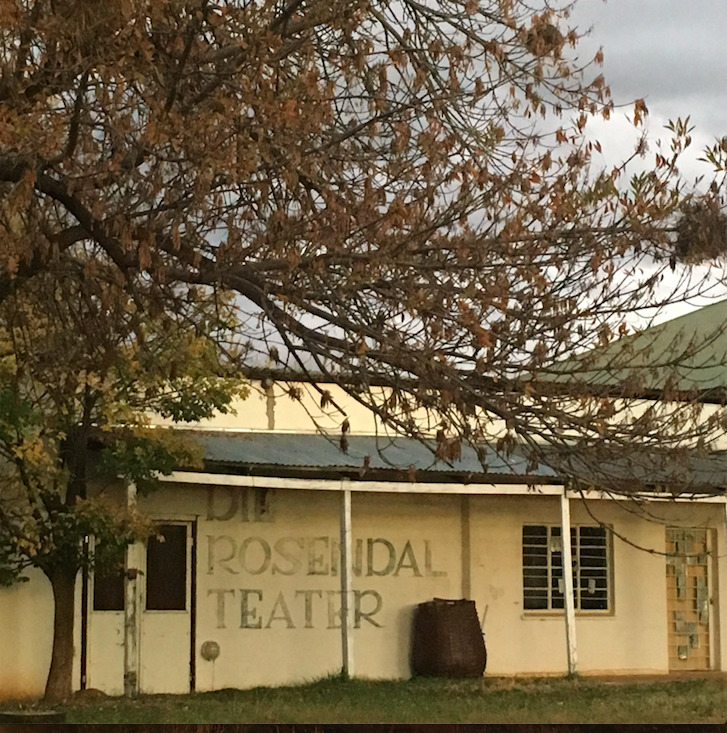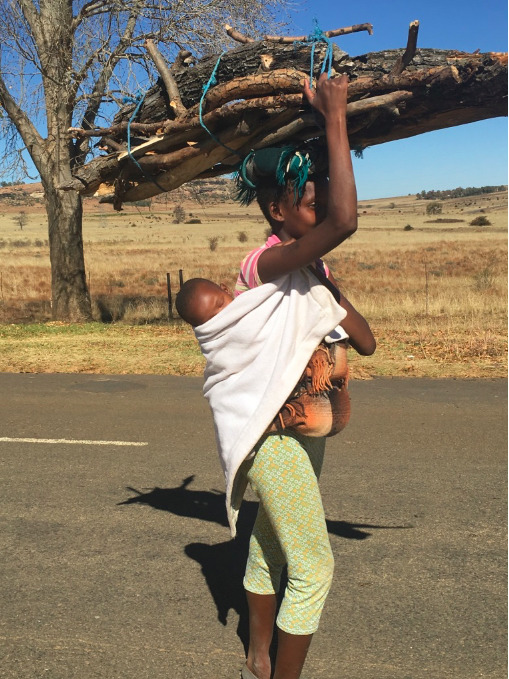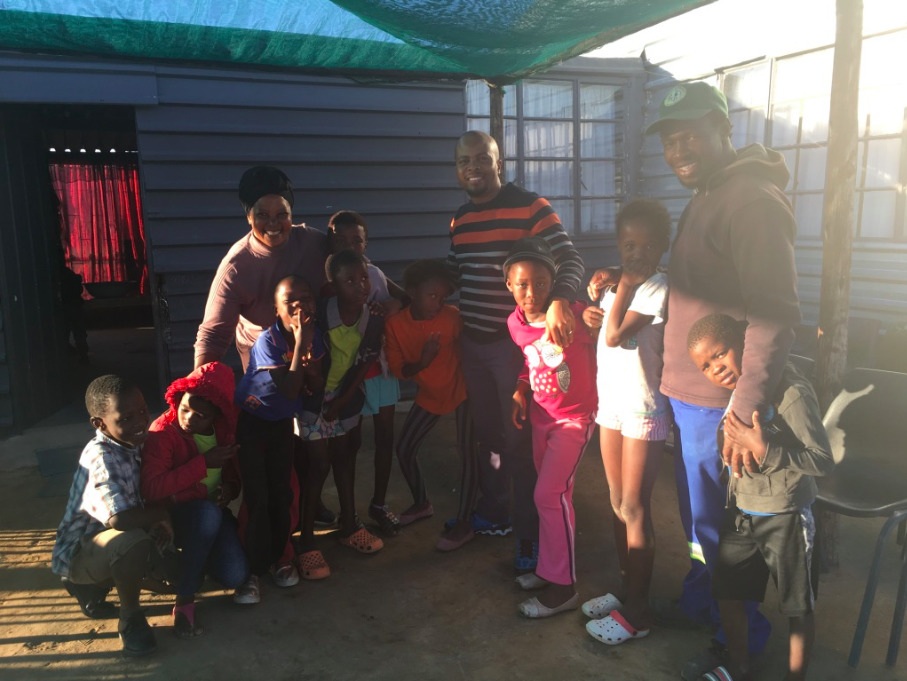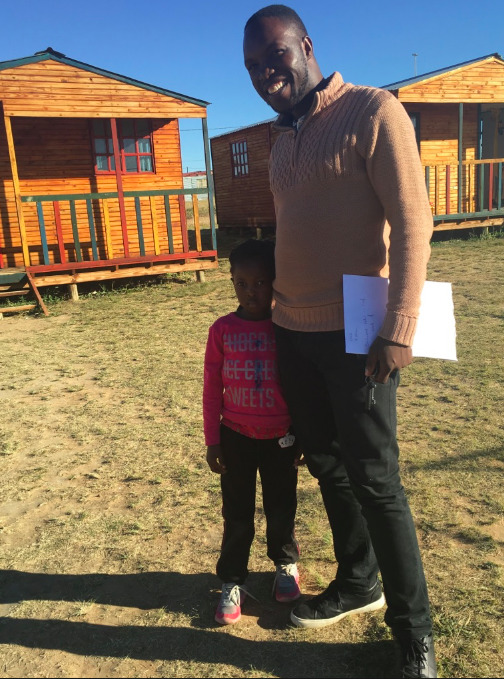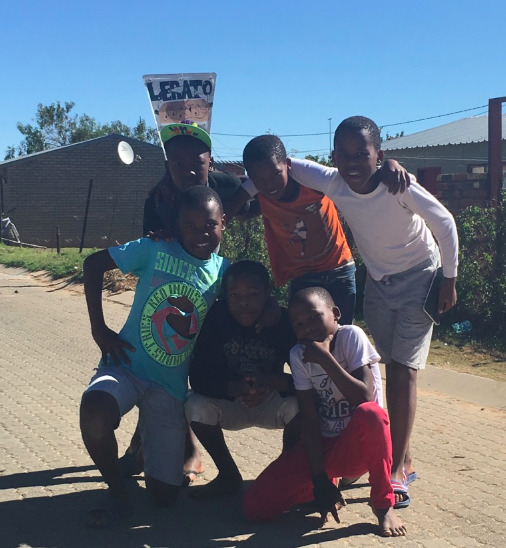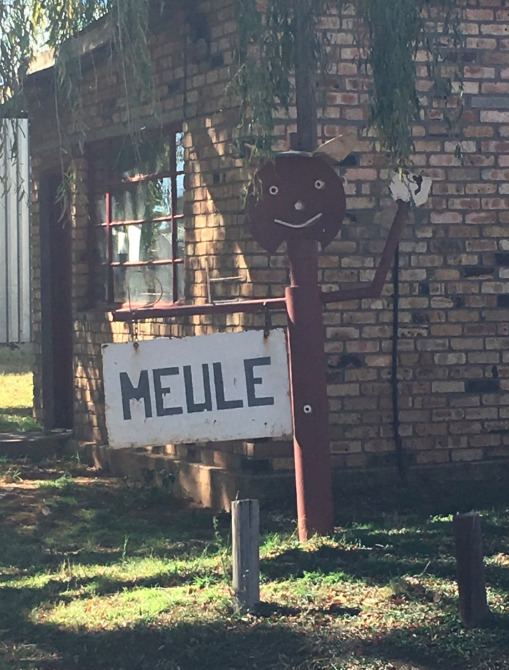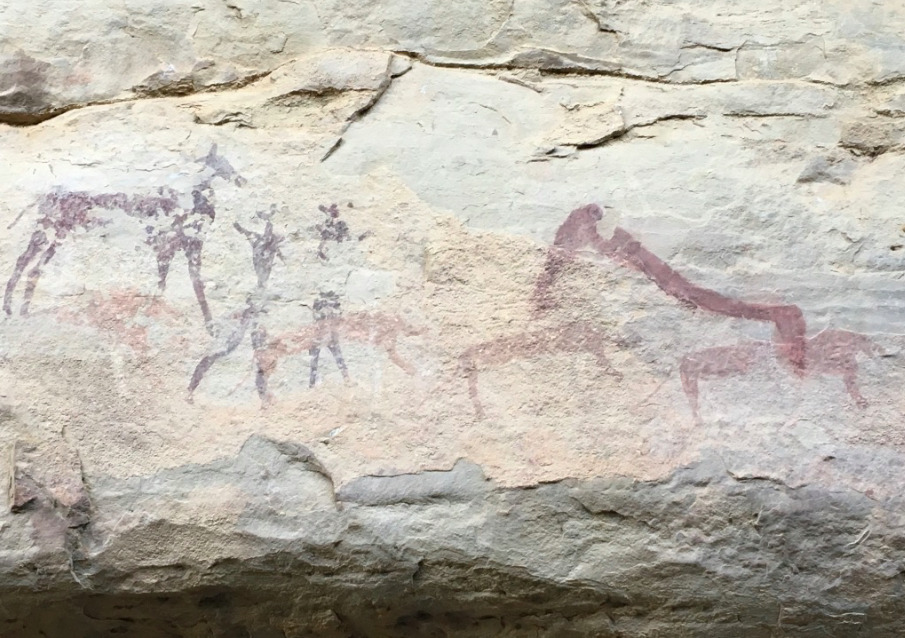Location
Free State,
South Africa
Senekal, Free State, South Africa
Rosendal-Mautse is located 43 km north of Ficksburg in the Free State province of South Africa; approximately 41 km from the town of Senekal, and; 124 km from Bethlehem, which is the nearest large urban centre where inventory can be purchased at competitive prices. The area covers approximately 490/km2 (1,300/sq mi)
Activities
Rosendal is home to several art galleries, a (magnificent) antique store, a boutique hotel and a cafe cum restaurant that hosts monthly dinner theatre.
Resources
Mautse has a community IT centre with 7 computers, but no internet access as yet. Most have access to a mobile phone. There are a number of taps with running water within Rosendal homes and at public locations within the Mautse community.
Economy
Mautse has a very high level of unemployment. Poverty is rampant with most residents living in shacks on government issued land. Many of the children are taken care of by their grandparents as their parents left to the city for work. Provided they have proof of residency, most receive a monthly stipend (pension). , but most rely on empty calories obtained through a traditional maize dish, that looks like mashed potato.
Challenges
- Legal issues establishing business, building houses etc – licensing, permits, insurance, zoning, government regulations, patents, trademarks, copyrights, etc – requires knowledge for how to access. Unfamiliarity, complexity, cost and fear of bureaucratic policy can be off-putting.
- Disenfranchisement and lack of economic opportunity–self value and confidence–demotivates youth.
- School uniforms are mandatory. Inability to prove residence prevents those who cannot afford to buy uniforms to receive their right to government aid through which to do so.
- Lack of nutritional awareness and uncertainty of land ownership discourages the people of Mautse to invest time cultivating their lots to grow food.
Opportunities
Some Mautse residents use their small plots of land to cultivate fresh produce. Many of Rosendal's–predominately white–residents are highly educated, offering a realm of creative, practical (carpentry sewing etc) business and media skills. Most have the desire to contribute to the challenges faced by Mautse. There is a permaculture farm close by.
Skills
Many of Rosendal's–predominately white–residents are highly educated, offering a realm of creative, practical – carpentry sewing etc – business and media skills. Most have the desire to contribute to the challenges faced by Mautse.
Language & Literacy
- Sotho: 94.4%
- Afrikaans 3.1%
- Sign language 1.1%
- Other 1.4%
Only about 20% of Mautse children go to school. Some local projects work with children to increase English language skills.
Population
Most of the population are youth – about 48% – and elders.
Demographics
Rosendal’s resident population is about 100, with 61 living there full-time. Population statistics for Mautse vary, but it’s thought to be home to around 4,500 (ref. 2011 Census), with an approximate annual growth rate of 4%.
This community has no matching Funding Opportunities at this time.
No matching businesses at this time.
No matching members at this time.
Products and services available for CM™ Coins will go here.

